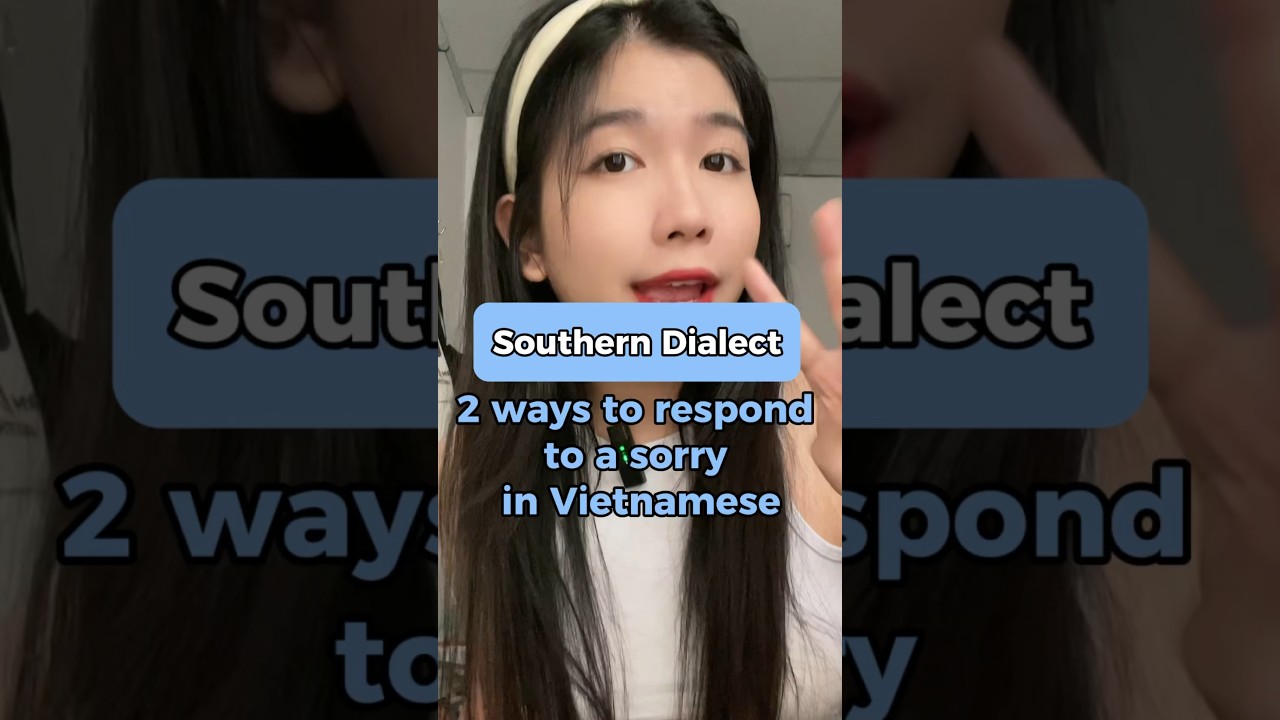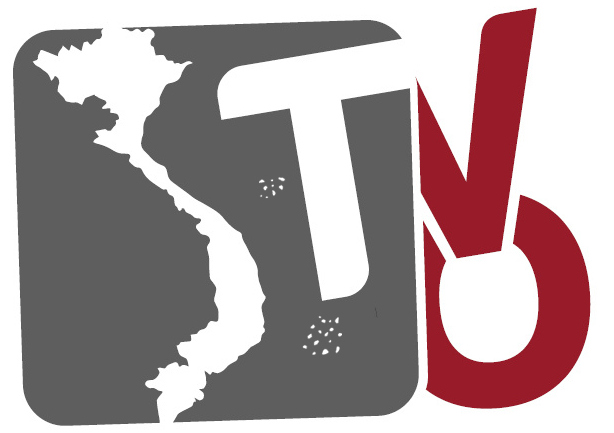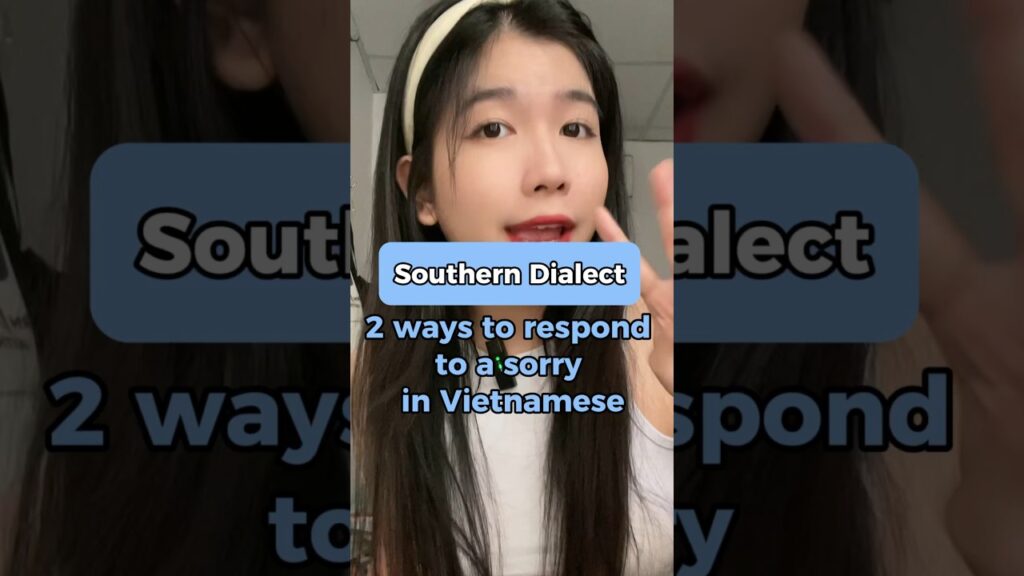Related posts:
Discovering how to express apologies in different languages not only enriches cultural understanding but also fosters smoother interactions in diverse settings. Vietnamese, with its nuanced expressions, offers various ways to convey apologies gracefully. Whether you’re traveling to Vietnam or simply interested in expanding your linguistic repertoire, understanding how to say sorry in Vietnamese is invaluable. Let’s delve into the polite responses and cultural nuances surrounding apologies in Vietnamese.

Understanding Sorry in Vietnamese language:
- In Vietnamese, “Sorry” can be translated as “Xin lỗi.”
- However, there are alternative ways to express apologies, each carrying its own tone and level of formality.
Polite Responses to Sorry in Vietnamese language:
a. “Không sao”:
- This phrase translates to “It’s okay” or “No problem” in English.
- It’s a casual and commonly used response to minor mishaps or apologies.
b. “Không có gì”:
- Similar to “Không sao,” this expression means “It’s nothing” or “No worries.”
- It maintains a casual tone and is suitable for everyday interactions.
c. Adding “ạ” for Respect:
- To convey additional respect, especially when speaking to someone older or in a formal setting, you can append “ạ” to the end of your response.
- For example, “Không sao ạ” or “Không có gì ạ” adds a polite touch to your apology.
Cultural Significance:
- Politeness and respect are highly valued in Vietnamese culture.
- Adding “ạ” not only demonstrates politeness but also acknowledges the recipient’s authority or seniority.
- Understanding these cultural nuances enhances cross-cultural communication and fosters positive interactions.
Mastering how to say sorry in Vietnamese goes beyond linguistic proficiency; it reflects cultural awareness and respect for social norms. By learning the various expressions and nuances surrounding apologies in Vietnamese, you can navigate interactions with grace and courtesy. Whether you’re traveling to Vietnam or engaging with Vietnamese speakers in your community, these polite responses will serve you well in fostering meaningful connections.
Remember, whether it’s “Không sao” or “Không có gì,” a sincere apology transcends language barriers and fosters understanding and empathy. Start incorporating these expressions into your linguistic toolkit today and elevate your communication skills in Vietnamese culture.










